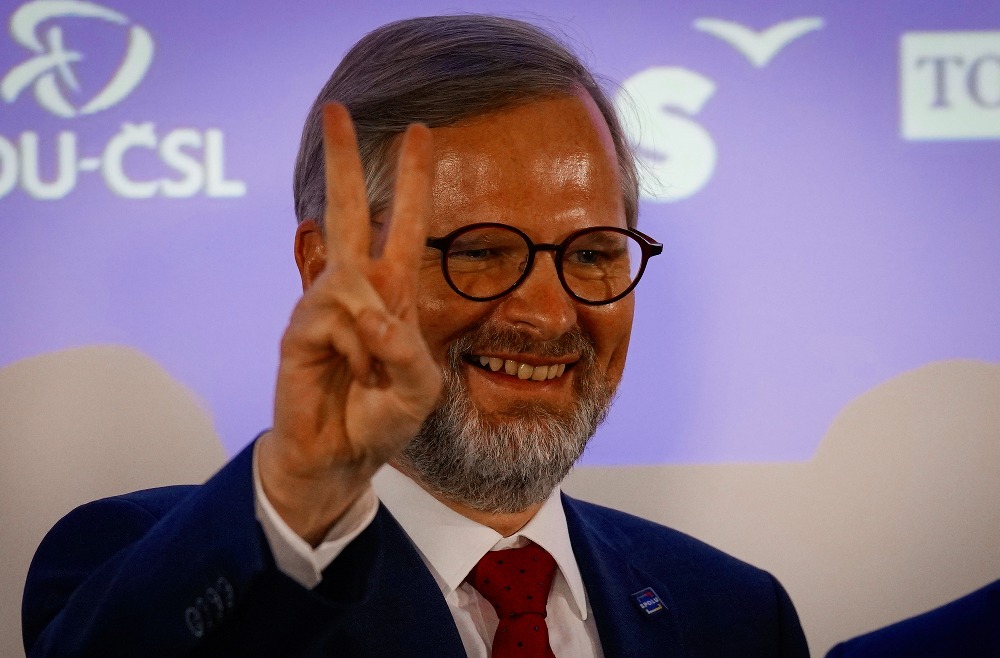Czechia went to the ballots. From that moment onward, everything has pointed to the victory of the Right-wing Together (SPOLU) coalition. Professor Maciej Szymanowski, the director of the Wacław Felczak Polish-Hungarian Cooperation Institute commented on the election results and explained what they will mean for Polish-Czech relations.
“First of all, the Right has returned. We are dealing with an overall return of the Right-wing party. Everything points to the coalition led by Petr Fiala’s Civic Democratic Party (ODS) having won,” he said.
Szymanowski added that while the results are not set in stone as events are constantly changing and exact MP mandates are yet to be decided, the Right has most likely won.
A surprise in the elections, according to the professor, was the poor result of the liberal-Left Pirate party, whose leader Ivan Bartošf was even considered by many to become the next PM. Instead of the predicted 22 MPs, the party may be left with only 3.
“This is partially the result of the conflict over the Turów coal mine and partially due to Czech voters being terrified of the announced increases in energy prices as part of the European Green Order,” Szymanowski explained.
Maciej Szymanowski:
Nothing points to the conflict over the Turów mine ending quickly and that there will be a partner on the other side that would be able to make binding decisions.
In his opinion, a difficult coalition out of 5 parties will have to be formed in the Czech parliament, which may have trouble maintaining a majority within a couple of years.
Nevertheless, despite its powerful media support in the form of two of the largest papers, the largest weekly and media empire, Andrej Babiš’s ANO party seems to be forced into the opposition.
Professor Szymanowski pointed out that Babiš may remain as PM at the head of a minority government for several months as Czech President Milos Zeman (of the Social Democratic party, which did not pass the election threshold) will delay nominating a new prime minister.
“Nothing points to the conflict over the Turów mine ending quickly and that there will be a partner on the other side that would be able to make binding decisions,” Szymanowski said.
He admitted, however, that the defeat of the Pirate party, which had the strong support of European and Czech media, may show President Zeman that Czech voters have a slightly different opinion on matters such as Turów.
The professor believes that a shift to the Right in Czechia is good news from Poland’s point of view. “Forces which listen more to what citizens are saying will come to power. These elections show that media consortia lost against ordinary citizens,” he stated.
Szymanowski pointed to a higher turnout in these elections than in the previous ones and the failure of many promoted topics to work out in practice. “After the results, we can see that parties which were not publicized, but rather devaluated, managed to achieve good results,” he said.





